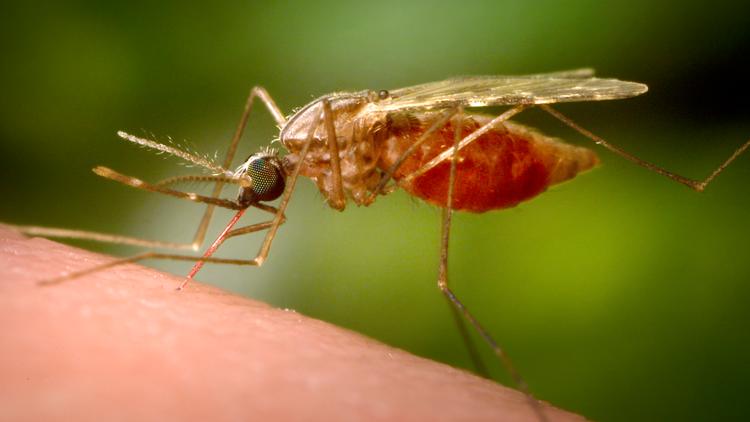FLORIDA, USA — You've likely heard of recent illnesses across the U.S. from diseases spread by mosquitoes, such as a recent deadly case of eastern equine encephalitis virus or the hospitalization of Dr. Anthony Fauci due to West Nile virus.
Both nasty diseases are typically rare, particularly in humans. However, the best way to avoid getting sick is to avoid getting bitten by mosquitoes. Keeping yourself safe from pests can include using repellent and staying inside when mosquitoes are out.
Here's a look at some mosquito-borne illnesses and where they're happening, including a look at Florida.
Eastern equine encephalitis
Most people infected with eastern equine encephalitis don’t develop symptoms, but some can come down with fever or swelling of the brain and about one-third of people infected die. There have been four cases of eastern equine encephalitis in the U.S. this year, according to the U.S. Centers for Disease Control and Prevention, one each in Massachusetts, New Jersey, Vermont and New Hampshire. The worst year for the disease was 2019, with 38 cases. It is caused by a virus and is not very common around the world. The virus typically spreads in certain swamps, including red maple and white cedar swamps in Massachusetts.
According to the latest CDC data, no human cases of eastern equine encephalitis have been reported in Florida. Click or tap here for a current map of reported cases.
West Nile virus
About 2 in 10 people infected with West Nile virus develop symptoms, which can include fever and swelling of the brain. About 1 in 10 people who develop severe symptoms die. There have been 216 West Nile cases so far this year. West Nile virus was first reported in the U.S. in 1999 in New York. It gradually spread across the country. In 2003, there were nearly 10,000 cases.
According to the latest CDC data, three human cases of West Nile virus have been reported in Florida. Click or tap here for a current map of reported cases.
Dengue
Also known as “break-bone fever” because it can be so painful, dengue is becoming more common. The World Health Organization says that about half the world’s population is at risk of getting the disease, and there are 100 million to 400 million infections every year. Not everyone gets symptoms, which can include fever, severe headaches and pain in the muscles and joints. Most U.S. cases are in people who have traveled to other countries, though the CDC says there have been about 2,600 locally acquired cases so far this year.
The latest data from the CDC shows 342 human cases of dengue have been reported in Florida, the most of any U.S. state. Tap or click here for a current map of reported cases.
Malaria
Malaria infected nearly 250 million people globally in 2022 and killed more than 600,000, mostly children. It is caused by a parasite carried by mosquitoes and mainly infects people in tropical regions, especially Africa. A vaccination campaign has been launched in recent months that health officials hope will help reduce cases and deaths.
How to protect against mosquito-borne infections
Public health authorities in states where mosquito-borne infections happen encourage people to take precautions, preventing mosquito bites by using repellent, wearing long sleeves and pants and avoiding outdoor activity in the early morning and evening when mosquitoes are most active. Removing any standing water where mosquitoes breed also is important.
“We believe there is an elevated risk for EEEV infections this year in New England given the positive mosquito samples identified. The risk will continue into the fall until there is a hard frost that kills the mosquitos. Everybody should take steps to prevent mosquito bites when they are outdoors,” New Hampshire epidemiologist Dr. Benjamin Chan told the Associated Press.



